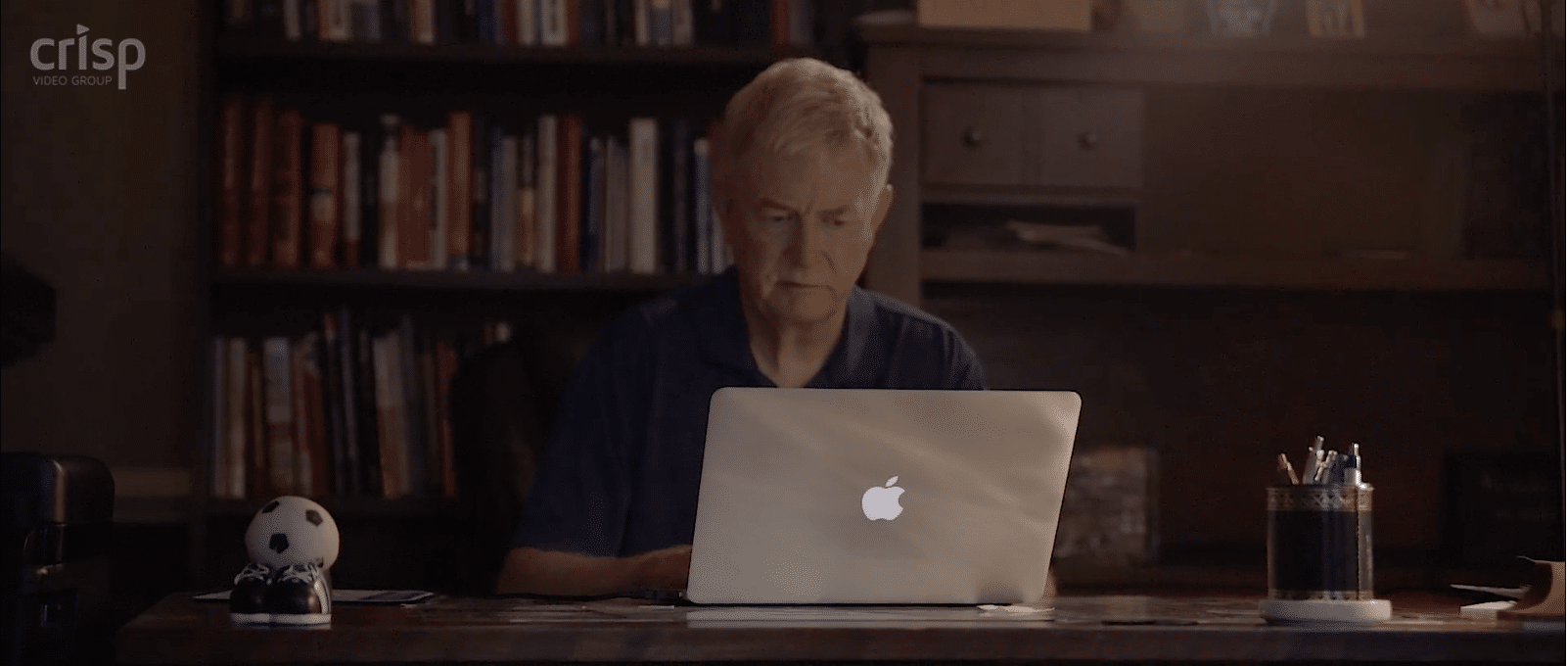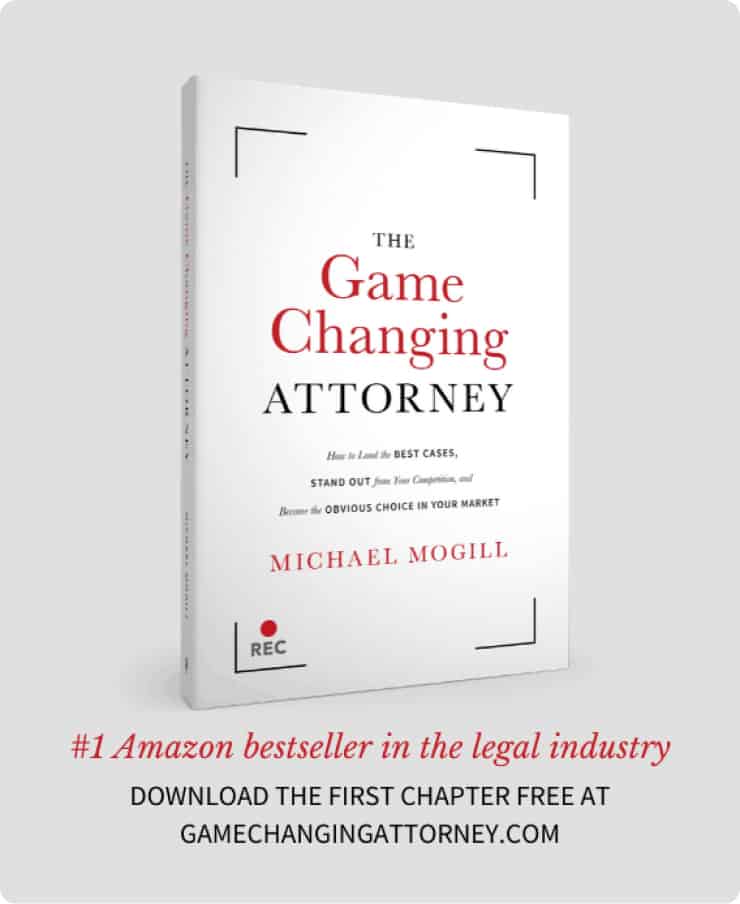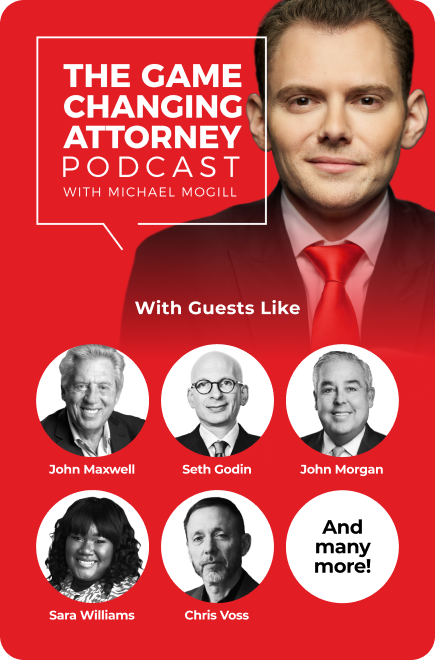Crisp Video Group was fortunate enough to be able to sit down with Great Legal Marketing founder Ben Glass for an afternoon and pick his brain about some of the legal industry’s toughest questions. While some of these were covered in our recent legal marketing webinar, we decided that Ben’s answers deserved a full blog post.
These questions are not random- in fact, they were submitted by attorneys around the country who all found themselves wondering the same thing: how do we build a successful business? How do we thrive in a legal landscape that is constantly evolving? Once we do that, how can we manage our time so we can continue to enjoy time with our family, friends, and loved ones?
These were the questions we posed to Ben. Find out what he had to say below:
How do you create a sense of urgency in your messaging for cases when many potential clients procrastinate?
In one of our practice areas, the ERISA disability world, there is an actual sense of urgency because full appeals need to be done within 180 days of a denial letter. How do we get people to respond to us quicker? In the sales letter we send them (once we have done a free review of their denial letter) we have a deadline. Deadlines matter.
We have also started to do that in our personal injury cases, though truth be told, few people who we meet with in our office decline the opportunity to sign with us that day (if we want their case). In a personal injury case, the language we use for those who leave our office without having signed is,
“I’m going to put a date on this proposed fee agreement. You’ll need to return it to us by that date or we may not be able to help you. As you probably can guess from your research, we get a lot of case inquiries every month and what we are doing here is picking and choosing amongst those cases to only represent those folks who we can help best. In some months we accept very few cases.”
You always want to create the perception at least that there is a long line of people waiting to get in your front door. When your marketing works, perception becomes reality, and there actually is a long line of people waiting to get in your front door.
As I’ve said before, there is no one “silver bullet” that produces this. At Ben Glass Law, we are always in the relentless pursuit of flawless execution of our marketing.
How can solo attorneys that have virtual or home offices use video to establish the validity of their practice?
First, if you are operating out of your home office there probably really is no good answer to this question. The validity of your practice does not come from video or newsletters or TV ads or anything else. It comes from you and the emotional impact that you have on a prospective client. In other words, video won’t help you if you are trying to cover up a practice that really isn’t “valid.”
On the other hand if in your video (or any other media) you can communicate a message as to why you working out of your home or out of a virtual office is of tremendous benefit to the client then you can be successful.
How do I get a consistent flow of new clients?
As I have said often there is no one silver bullet. I can tell you that having worked with thousands of lawyers across the United States and around the world, those who are most successful and are able to develop a consistent flow of new clients do the following:
(1) They have a very clear vision of what they want for their life;
(2) They have a very clear vision of the type of firm that will support what they want for their life;
(3) They have a very clear vision of their avatar client – who they want to see walking through the office doors;
(4) They create marketing that enters the conversation that is already going on in the mind of that prospective client. That same marketing often will also repel those who are not perfect for your firm;
(5) They do not use marketing/advertising to try to create the sale as the first response by the client. They use marketing and advertising to generate a lead which can then be followed up on;
(6) They realize that many clients will take a long time to make a decision about who to hire and they develop terrific follow-up marketing in the form of both live calls back from the office and in the form of emails coupled with videos;
(7) They know how their phones are answered. They train their team to follow a script. They relentlessly check to make sure that their team is using the right script. This is so critical that most everyone is wasting money on marketing/advertising without knowing what actually happens when the phone rings;
(8) They have a process inside their office for getting online reviews. Online reviews are very important right now. Who knows what their status will be in 5 or 10 years? However, for now, this is critical;
(9) Finally, they aggressively reject those cases that do not meet their “perfect case criteria” and take the time they spend not messing with these cases and devote it to studying and implementing good marketing.
I want to try a new marketing strategy but it’s risky as a small firm. How can I overcome that fear of risk to improve my firm?
The principle here is that if you don’t like where your firm is today then you can’t get better by doing what you have been doing over and over again. That’s insanity.
So if we want to improve our firm/money/profit then we must try new marketing strategies. Having said that, most firms can improve their profits simply by eliminating, first, the bad stuff they are doing.
How was the phone answered? Are you tracking and following up on leads? Are you demanding that every dollar you send out into the world to bring cases in is bringing you back multiples of that dollar? Are you educating yourself about marketing?
So for example, a “new marketing strategy” might be that instead of having only one reason and one way for a client to respond (i.e. call us for a free consultation) we might think about developing informational videos that a client could go watch as an alternative to making that first call.
We forget that we are scary to people.
We might consider offering electronic white papers/free reports/books at our website as another way for a prospect to raise their hand and find out some information about their case and some information about us as a first step. We might develop a three-step mailing sequence following that prospect’s raising of their hand.
What daily habits can I adopt that will help me be more successful as an attorney?
First, take back ruthless control of your time. Your job is to lead and to strategize about your clients’ cases and to strategize about your marketing. You can’t do that if every time someone calls you answer the phone and get on the phone with them, or every time someone sends you an email you stop what you’re doing and start responding.
Carve out quiet time. The book “Deep Work” is a mandatory read in this regard. Also, see Dan Kennedy’s No BS Time Management for Entrepreneurs.
Going along with the time management principle, starting today, refuse to accept any unplanned inbound phone calls. Schedule everything. The second thing I would say on this is to use time blocking. Look ahead at your calendar and block out the times that you’ll be meeting with clients, writing briefs, working on marketing. Then have the integrity to keep these appointments with yourself.
Next, I would say to make sure that your team is totally congruent with your core values.
If you haven’t thought deeply about your personal philosophy of life and your firm’s core values then there’s work to be done.
The book Scaling Up by Verne Harnish is excellent on this. Personally, I’m in bed every night by 9:15. I do CrossFit 3 days a week at 5:00 a.m. and I do meditation and neurofeedback. But that’s just me.
Is emotional video content more effective than direct, “call now!”-style videos?
If by “call now”-style videos you are referring to the general genre of a typical lawyer TV ad then I would say yes. Certainly the “call now”-style video can be effective but this is what everybody else was doing and the best way and most-direct path to average is to do what everyone else is doing. I would highly recommend that you not do any “call now”-style videos for these reasons.
I would then do a blend of the emotional video content like Crisp does very well and information-style videos (that Crisp will also do for you). I would make sure that at least two-thirds of the video work I did were actually informational and helpful to consumers. We recommend creating videos that answer the ten most frequently asked questions in your practice and the ten questions a prospect should ask but doesn’t even know enough to ask.
Then, we blend in those other videos that help tell your non-lawyer story. Again the trap we might fall into is that if all lawyers started to develop “emotional video content” but all that content was really still just about them and how great they are and how hard they fight.
This is why the Crisp video team is so good – they know to dig deep and provocatively beyond you as a lawyer to get to you as a person.
Why should the community pay any attention to you for reasons other than the fact that you’re a lawyer? This is critical, and those of us who have figured this out do have that steady flow of clients which gives us the ability to pick and choose who we want to work for.
How do I get and keep my sales pipeline full of qualified leads?
You have to be totally committed to and comfortable with the idea that good marketing is going to develop for you a lot of unqualified leads for your practice. This is perfectly okay. Having said that, the best marketers do not cast a wide net capable of catching every fish that’s in the pond. Their practices tend to be niched and within niches. The best marketers, the ones who are making the most money, are trying to attract the client who will pay the most. You have to be comfortable with that.
It is my belief that those lawyers who develop lifestyle practices that make them a lot of money are then the same lawyers who are in the best position to help out those who cannot afford them. So having a sales pipeline full of qualified leads starts with identifying in excruciating detail what a qualified lead actually is and being totally comfortable with marketing that repels everyone who is not a qualified lead for you.
Don’t let anyone tell you that because you are a lawyer you cannot pick and choose your clients or you “should not try to be elitist” with your practice. This is your life.
There are, sadly, far too many really good lawyers who are poor, depressed, hate the practice of law, and are not at the end of the day good for their clients because of all of the above. This is why the best cases go to the best marketers.
That’s okay. It is the reality. The cool part is that when the best cases go to the best marketers who are also good lawyers then all are happier – both you, your team, your family and most importantly, your client.







